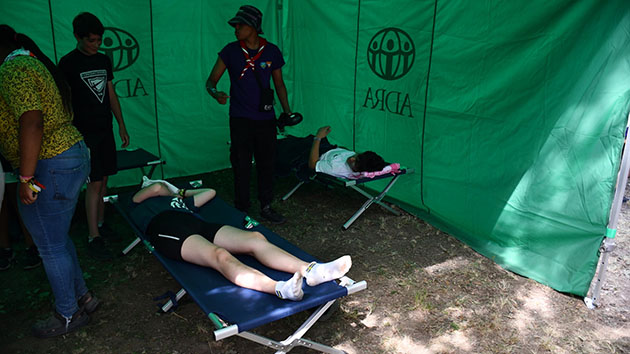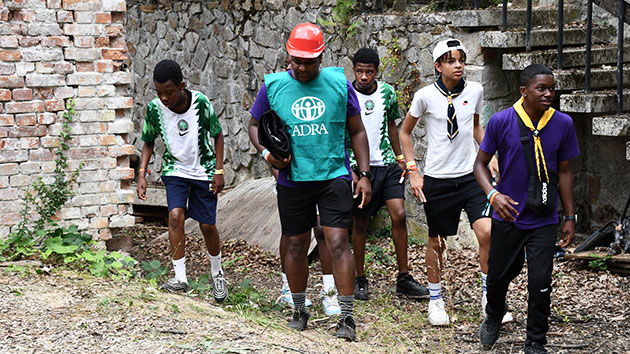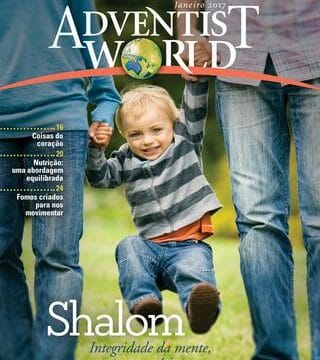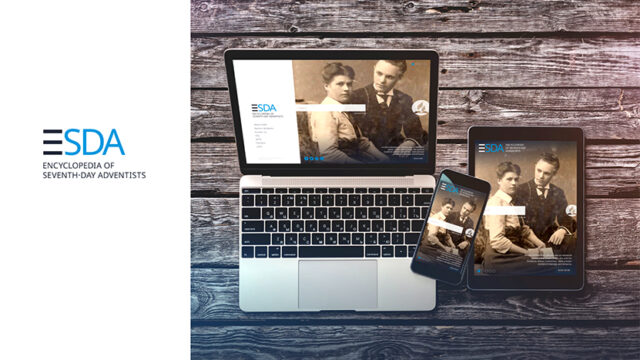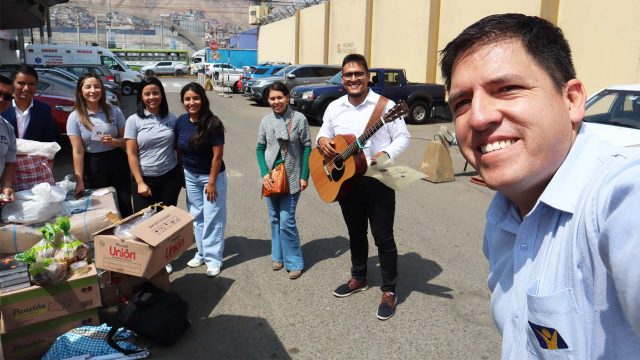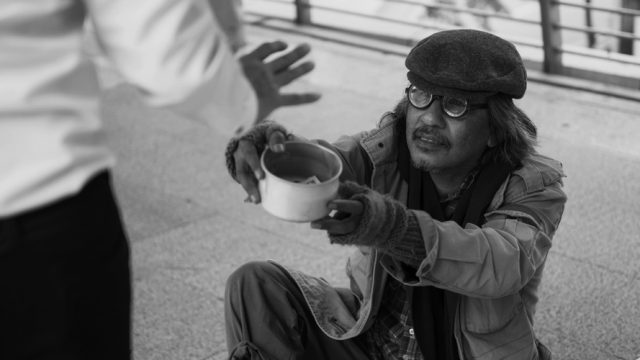ADRA Europe’s initiative helped train 170 young participants in Hungary.
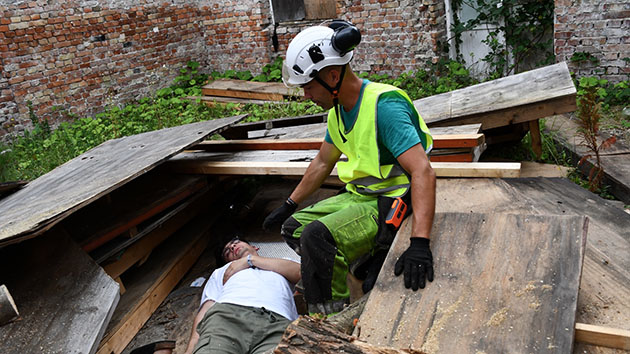
From July 24 to 31, staff and volunteers of the Adventist Development and Relief Agency (ADRA) Europe and its partners organized seven disaster simulation workshops for more than 170 teenage and adult participants. ADRA Slovenia, ADRA Hungary, ADRA Finland, and ADRA Austria workers helped to bring the workshops to the Trans-European Division (TED) Pathfinder Camporee in Sopron, Hungary.
The aim was to educate and inspire young minds at this international event concerning ADRA’s work — compassionate service, disaster response, teamwork, communication — and the various professions required in aid agencies.
Divided into four subgroups, participants had the opportunity to experience a flood disaster scenario, leaving them with a new appreciation for the complexity and fast-changing environment that characterizes the work of disaster responders.
Recreating a Disaster Setting
Participants were immersed in a disaster setting that prompted them to think fast and make swift decisions to assist affected communities. The four teams each had a distinct role to play in the overall disaster response process. An Emergency Response Team (ERT) was the headquarters team responsible for the overall coordination and project planning, while a Communication and Fundraising team was responsible to report to the public and current donors about ADRA’s response, to raise donations (cash and in-kind), and respond to media requests.
An Assessment team reached out to the affected community in another part of the campground, evaluating their acute needs and responding to them, reporting information back to headquarters and communication teams, and being involved in the rescue simulation of one person trapped under a collapsed roof. Finally, a Technical team was responsible for erecting and furnishing a tent as an office, from which the headquarters and communication team could operate, and then build a shelter to host the simulation’s flood victims.
“Communication to Assessment team — do you hear me?” was heard among the team members. By collaborating closely and communicating via walkie-talkies throughout the exercise, participants gained valuable insight into the importance of teamwork and communication during times of crisis.
Experiencing Time Pressure and Other Challenges
Time pressure is a reality in any disaster response operation. The participants pushed each other to provide information, prepare budgets for donors, or collect urgently needed relief items, which assured that all the team members felt the intensity that accompanies such situations.
The teams faced numerous challenges, such as how to find appropriate resources or equipment, overcome language barriers, and face a number of “interruptions” created by simulation leaders, such as the rescue of a trapped person or a high-level TV interview, that tested their abilities to make quick decisions and work beyond their initially assigned tasks.
A Fun and Valuable Learning Opportunity
During the post-workshop debriefing, several adult participants who had been peer-to-peer fundraisers for ADRA in the past expressed their newfound respect and love for this work in real life and how this exercise had broadened their understanding of ADRA’s work.
Teenagers were particularly struck by the complexity of fast, incoming tasks and the constant change of environment, and they reflected on their teamwork skills. Aside from intense activity, they also had much fun filming video interviews, or burst into laughter when the young actors representing flood victims played their role all too well.
Inspiring Future Careers in Aid Agencies
ADRA as a Christian humanitarian organization needs young people who are driven, compassionate, and ready to create positive change in the world, ADRA Europe leaders said. Joining ADRA as staff member means becoming part of a global network of professionals who are committed to improving lives and building a better future.
“The aim of our workshops was to plant a seed in the hearts and minds of our young participants and we would be excited to welcome some of them in the future as volunteers or staff in our teams across Europe and beyond,” they said.
The original version of this story was posted by ADRA Europe.


